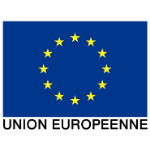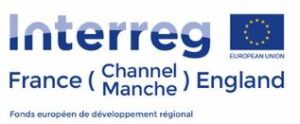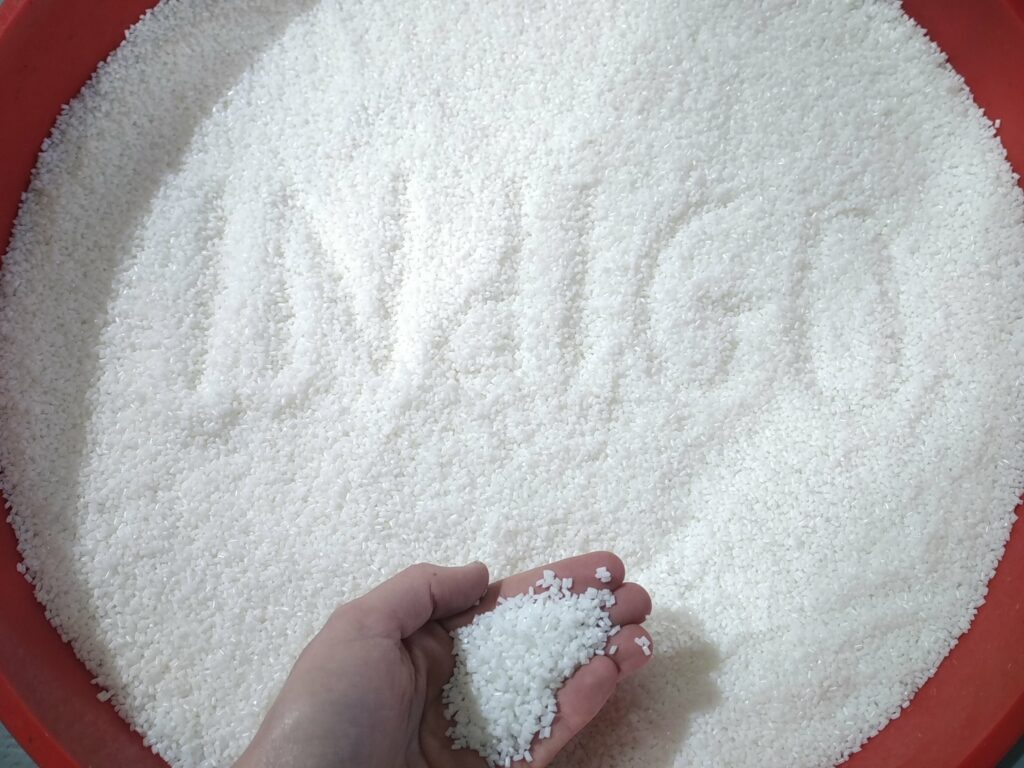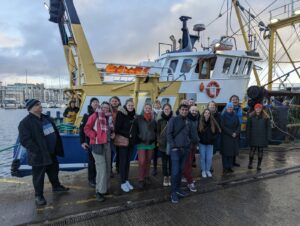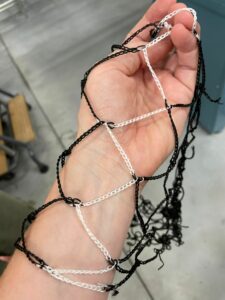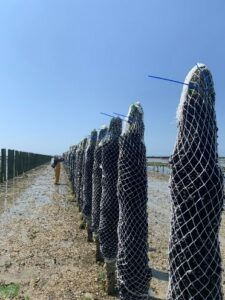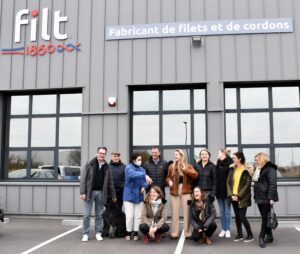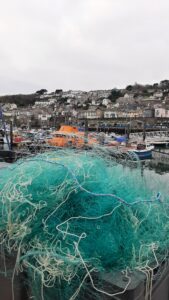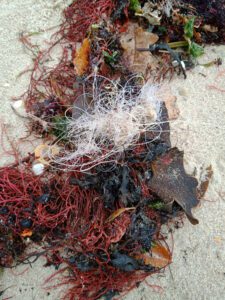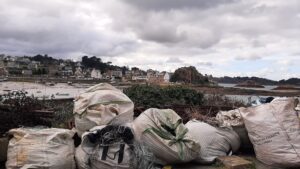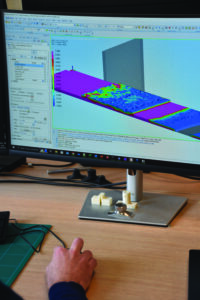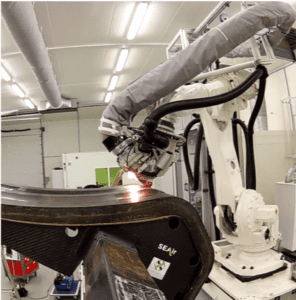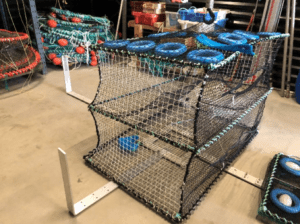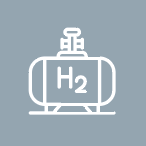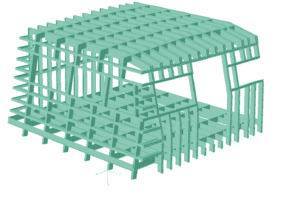+ Designing and manufacturing prototype fishing gear that biodegrades in the marine environment.
+ Studying ageing, biodegradation and ecotoxicity in the marine environment.
+ Identifying plastics associated with fishing equipment found at sea or on the coast through citizen science.
+ Encouraging and facilitating the recycling of used fishing gear.
+ Involving fishing and aquaculture professionals and raising public awareness of the problem of plastic pollution at sea.
Project Manager
Claire Allanos
Find out more
INdIGO is a project aimed at reducing marine plastic pollution generated by activities associated with fishing and aquaculture. Between the end of 2019 to June 2023, it brought together 10 public and private partners from France and the UK. It obtained €2.9m of funding from the ERDF as part of the Interreg France (Channel) England programme.
UBS, via the ComposiTIC Technical Platform, was the lead partner in the INdIGO project.
Plastic pollution is a major threat to ecosystems. Fishing equipment lost at sea (nets, traps, etc.) can have a direct impact on marine fauna, which can become entangled in them. Microplastics from waste can also be ingested and incorporated into the food chain.
Against this backdrop, the INdIGO project had two main objectives:
To develop innovative fishing tackle that is more respectful of the marine environment by proposing new products with a controlled lifespan that are biodegradable in the marine environment.
To improve the prevention and management of pollution generated by fishing and aquaculture equipment, by identifying collection points and existing recycling channels, and by developing an application to locate equipment that has already been lost.
INdIGO was a collaborative project between researchers and businesses on both sides of the Channel. The involvement of SMEs was intended to develop competitive products and ensure economic sustainability by making good use of the results at the end of the project. Fishing and aquaculture professionals were also involved throughout the project to ensure that the new equipment met their needs.
By loading this video, you agree to the privacy policy of Youtube.
Supports
